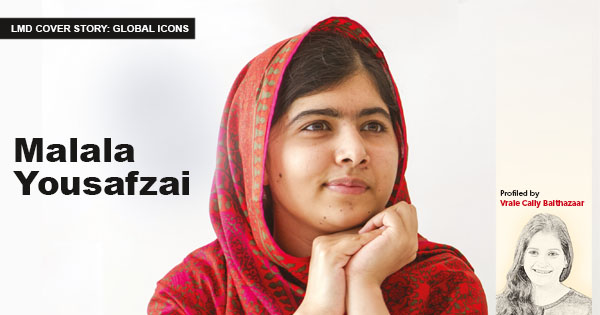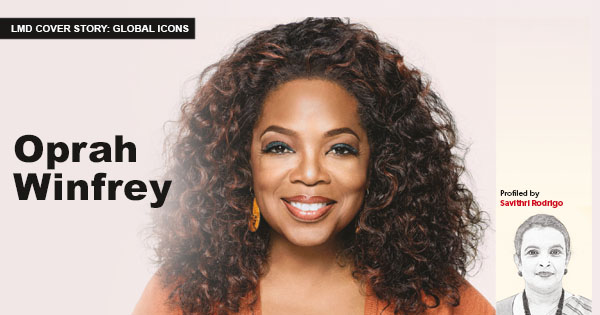Mark Zuckerberg cofounded Facebook in 2004, becoming the world’s youngest self-made billionaire by the age of 23 in 2007. He has been among Time’s 100 wealthiest and most influential people in the world as part of its Person of the Year award since 2010. In line with Facebook’s mission of bringing people closer together, he has launched initiatives to introduce internet access to areas lacking connectivity. The media mogul’s reported wealth is only slightly under US$ 90 billion – and he has signed the ‘Giving Pledge,’ promising to donate at least 50 percent of his wealth to charity over the course of his lifetime.
BACKGROUND
DATE OF BIRTH
14 May 1984
BIRTHPLACE
New York (USA)
OCCUPATIONS
Internet entrepreneur
Philanthropist
HIGHLIGHTS
Developed a messaging programme at the age of 12
Founder and CEO of Facebook
Cofounder of the Chan Zuckerberg Initiative
QUOTE
The biggest risk is not taking any risk. In a world that is changing really quickly, the only strategy that is guaranteed to fail is not taking risks
Mark Zuckerberg
Q: What makes Mark Zuckerberg a front-runner in social media innovation and technology?
A: Zuckerberg’s Facebook set the pace for a social digital revolution and created a platform that established communities based on social causes, which are powerful global unifiers of people.
This became a catalyst for reform in several countries, leading to debate on platform governance and usage. Moreover, people who were previously overlooked now have a voice.
Social media is a powerful tool that is a part of shaping the future, be it in leadership, policies, marketing or justice.
Q: So are there particular lessons we can learn from his career?
A: Yes, indeed. Zuckerberg is an example of what could be achieved if you really believe in your dream, take risks, and work for and evolve with it – a true entrepreneur. He was able to start something on his own against the trend and pursue his convictions, thereby blazing a path for others to follow and succeed.
Facebook challenged the status quo and proved that a business could be run without users paying for it – i.e. business model innovation. Zuckerberg monetised data within legislative mechanisms by using Facebook as an aggregator of people and data, which provided access to markets to address unfulfilled needs at better economies of scale.
Such revolutionary ideas have created true ecosystem thinking with Facebook, YouTube, WhatsApp, Uber and PayPal enabling people to launch businesses from their homes, and reaching multiple countries and industries without large investments or physical assets.
Q: How can Sri Lankans harness the power of social media and tech innovation?
A: Entrepreneurship and innovation are two important attributes that power today’s larger economies; and if we’re to place Sri Lanka on the map, we must improve on these.
COVID-19 has been a wake-up call for Sri Lankans who were pushed out of their comfort zones to embrace IT in every aspect of their lives. This is an ideal foundation to launch the digital revolution and create a platform economy in Sri Lanka for the future.
The power of the digital platform is not realised until we have mass adaption that redefines how we live, work and play.






